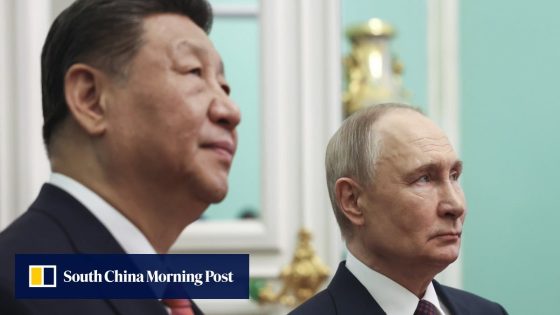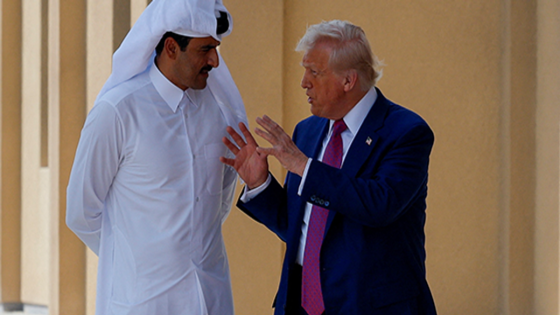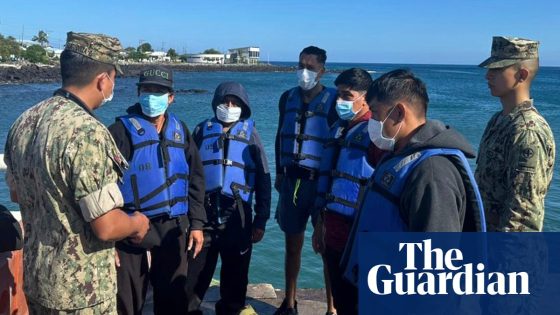Countries are increasingly focused on defending the post-war multipolar world order as tensions rise globally. On May 9, 2025, leaders pledged to enhance bilateral cooperation and counteract US containment strategies. This shift reflects a significant change in international relations.
- Joint defense of multipolar world order
- Strengthening bilateral cooperation emphasized
- Opposition to US containment strategies
- Trump's global tariff war initiated
- Withdrawal from Paris Climate Accord
- Attacks on post-war multilateral institutions
Since returning to office, former President Trump has ignited a global tariff war, withdrawn from the Paris Climate Accord, and criticized multilateral institutions established after World War II. How will these actions reshape global alliances?
This evolving landscape raises critical questions about the future of global cooperation. Will nations prioritize national interests over collective action? The implications of these developments could be far-reaching:
- Strengthened alliances among non-Western countries.
- Potential isolation of the US in global discussions.
- Increased economic tensions leading to trade wars.
As nations navigate these challenges, it’s crucial to foster dialogue and collaboration. The future of international relations depends on our ability to adapt and work together.
































